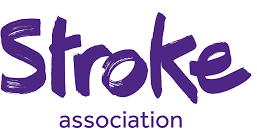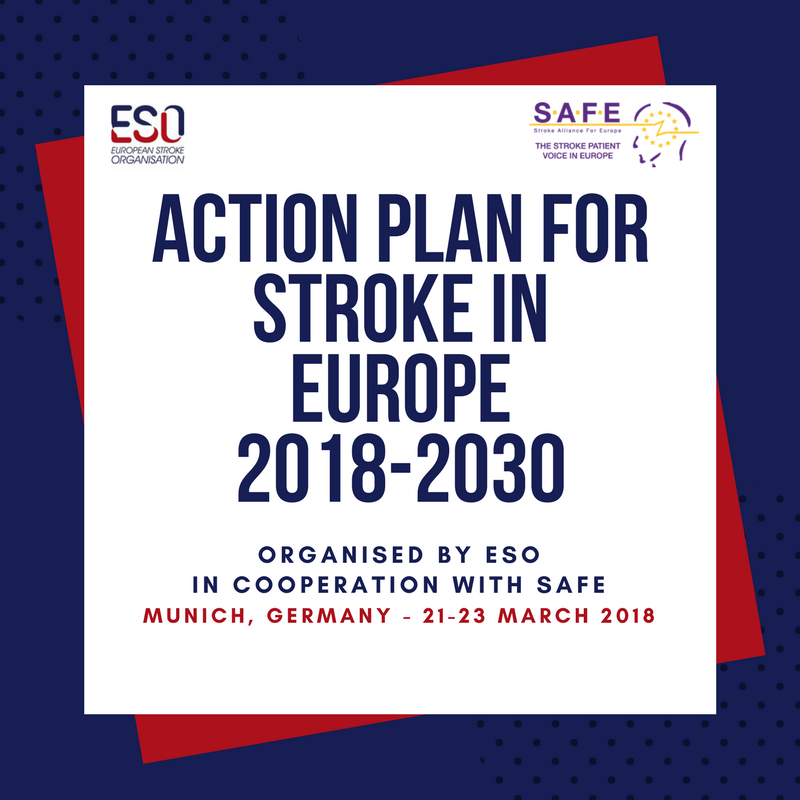
Mar 2, 2018
Stroke clubs and groups provide essential long-term peer support to stroke survivors, carers, family and friends. They provide an opportunity for those who have been affected by stroke to rediscover previous skills, learn new skills, regain confidence, increase independence and socialise with other individuals who have had similar experiences.
 Stroke Association has received funding for our Hand in Hand peer support programme. This is an ambitious, five-year project enabling us to scale our experience, expertise and knowledge of peer support for the benefit of local stroke communities.
Stroke Association has received funding for our Hand in Hand peer support programme. This is an ambitious, five-year project enabling us to scale our experience, expertise and knowledge of peer support for the benefit of local stroke communities.
As part of this programme, we would like to share some of our experience, expertise and knowledge of peer support with other SAFE members, and to hear about your experiences and insights in delivering peer support. We will hold a webinar on Monday 26th March 2018, 11am BST, 12pm CET (more…)

Feb 28, 2018
TENSION: A new international study funded by EU, hoping to extend the benefits of mechanical thrombectomy
A large new international study hoping to extend the benefits of mechanical thrombectomy has been launched. Thrombectomy is a treatment for certain types of acute ischaemic stroke that can use mechanical devices to drastically reduce the effects of an ongoing stroke. Very small devices are used to break and remove the clot from the blood vessel in the brain. This procedure is carried out by highly skilled neuro-radiologists and requires special hospital facilities. (more…)

Feb 26, 2018
Angels Initiative builds a global community of stroke centers and stroke ready hospitals, working each day to improve the quality of treatment for each patient with stroke.
Written by Prof. Dr Anita Arsovska and Dr Maja Bozhinovska-Smicheska
26.02.2018, Skopje, R. Macedonia– Association for a fight against stroke ,,Stroke” Macedonia in collaboration with University Clinic of Neurology organized a scientific meeting ,,Angels Initiative in Macedonia – next steps” on Friday, 23rd February. Meeting was attended by 50 medical specialists from all over Macedonia. (more…)

Feb 26, 2018
On behalf of the Action Plan Steering Committee, we cordially invite you to contribute with your valuable comments & input on the Action Plan for Stroke in Europe Document.
Please click here to comment on the seven domains and the translational research priorities. The platform is opened until 11 March 2018.
Please click here to follow the instruction on google Drive for commenting.
We would like to encourage as many people as possible to get involved and help SAFE and ESO in shaping up recommendations for stroke prevention, treatment and rehabilitation from 2018 to 2035.
(more…)

Feb 25, 2018
First published on ScienceDaily
Scientists have known for years that the brain liquefies after a stroke. If cut off from blood and oxygen for a long enough period, a portion of the brain will die, slowly morphing from a hard, rubbery substance into liquid goop.
Now, researchers at the University of Arizona College of Medicine — Tucson have discovered that this liquefied, dying brain tissue is toxic — and can slowly leak into the remaining healthy portion of the brain, potentially causing harm. The new findings may open the door for developing new treatments to ward off dementia after stroke; they are described in the April 2018 issue of Neurobiology of Disease. (more…)

 Stroke Association has received funding for our Hand in Hand peer support programme. This is an ambitious, five-year project enabling us to scale our experience, expertise and knowledge of peer support for the benefit of local stroke communities.
Stroke Association has received funding for our Hand in Hand peer support programme. This is an ambitious, five-year project enabling us to scale our experience, expertise and knowledge of peer support for the benefit of local stroke communities.






